In 1974, architect Bengt Warne designed the prototype for a Nature House in Sweden using a greenhouse to deal with the cold winters. Rather than converting an existing structure and moving inside it, he built a small summer house and then encased it in glass: called a Nature House (or “Naturhus” ). Inspired by these designs, a family has created a home near Stockholm integrated with the elements of Earth, water, air, and fire. The electricity bills have been cut in half, heated by an Eco-friendly wood-burning oven and a hot water masonry heater. The greenhouse also shelters Mediterranean-style gardens that couldn’t survive the Swedish seasons — figs, kiwi, peaches, wine grapes, etc.
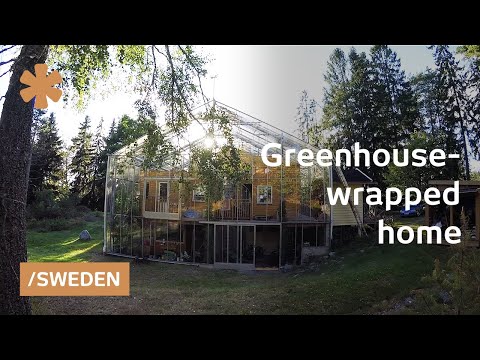
Watch this video on YouTube
Stockholm family wraps home in greenhouse to warm up weather
By Kirsten Dirksen, Published by Fair Companies
The average temperature in Stockholm in January is -3°C (27°F). For Marie Granmar and Charles Sacilotto it can be much warmer thanks to the greenhouse that blankets their home.
“For example at the end of January it can be -2°C outside and it can be 15 to 20°C upstairs,” explains Sacilotto. He was inspired to build a house-in-a-greenhouse through his relationship with architect Bengt Warne (1929-2006) who began designing the first Naturhus (Nature House – Sweden) in 1974.*
Originally Sacilotto looked for an empty lot to build an entirely new Naturhus, but he eventually settled on an old summer house on the Stockholm archipelago. Using Warne’s design, he covered the small summer home, plus an addition, in 4 millimeter glass. The footprint of the greenhouse is nearly double that of the home, leaving plenty of room for a wrap-around garden, and since inside the bubble it’s a Mediterranean climate, the couple now grow produce atypical for Sweden (e.g. figs, tomatoes, cucumbers).
STORY: Regenerative Responses: Growing The Soil Carbon Sponge
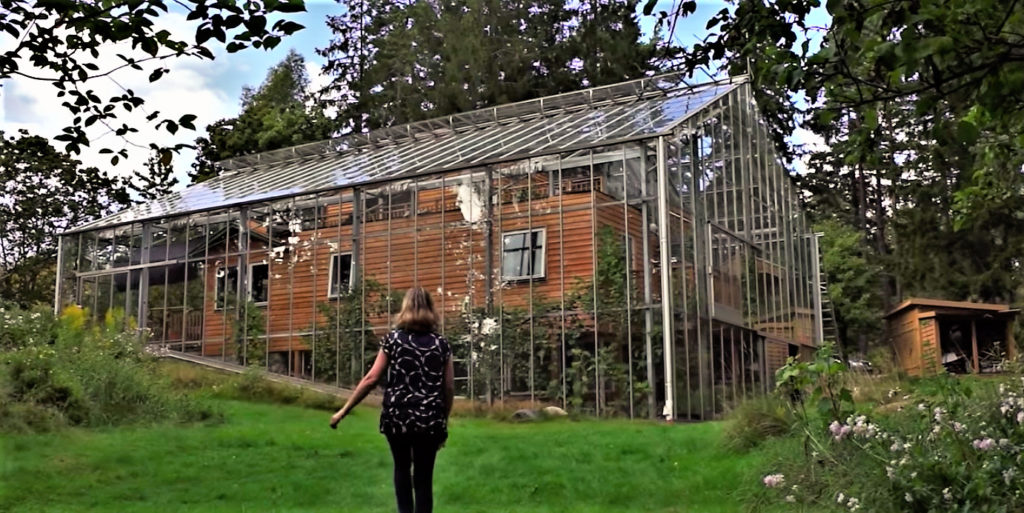

The favorite spot is the glass-covered roof deck. Since there’s no longer need for a roof, the couple removed it and now have a large space for sunbathing, reading or playing with their son on swings and bikes.
The greenhouse isn’t the only novel point to the Granmar-Sacilotto home. They are also completely independent from city sewage. Built by Sacilotto — an engineer by training — the sewage system begins with a urine-separating toilet and uses centrifuges, cisterns, grow beds, and garden ponds to filter the water and compost the remains.
As Sacilotto explains, “It’s not just to use the nature, the sun and the water, but…it’s all a philosophy of life, to live in another world, in fact.”
STORY: Biotonomy: Designing Nature-Based Autonomous Buildings and Cities
His mentor Warne described this other world as another dimension. “Living in a greenhouse gives architecture a fourth dimension, where time is represented by movements of naturally recycled endless flows of growth, sun, rain, wind and soil in plants, energy, air, water and earth. I call this NATUREHOUSING.”
* In the video, Granmar mentions architect Bengt Warne’s influence in the 1990s since this is the date he reached a larger audience with his book release.

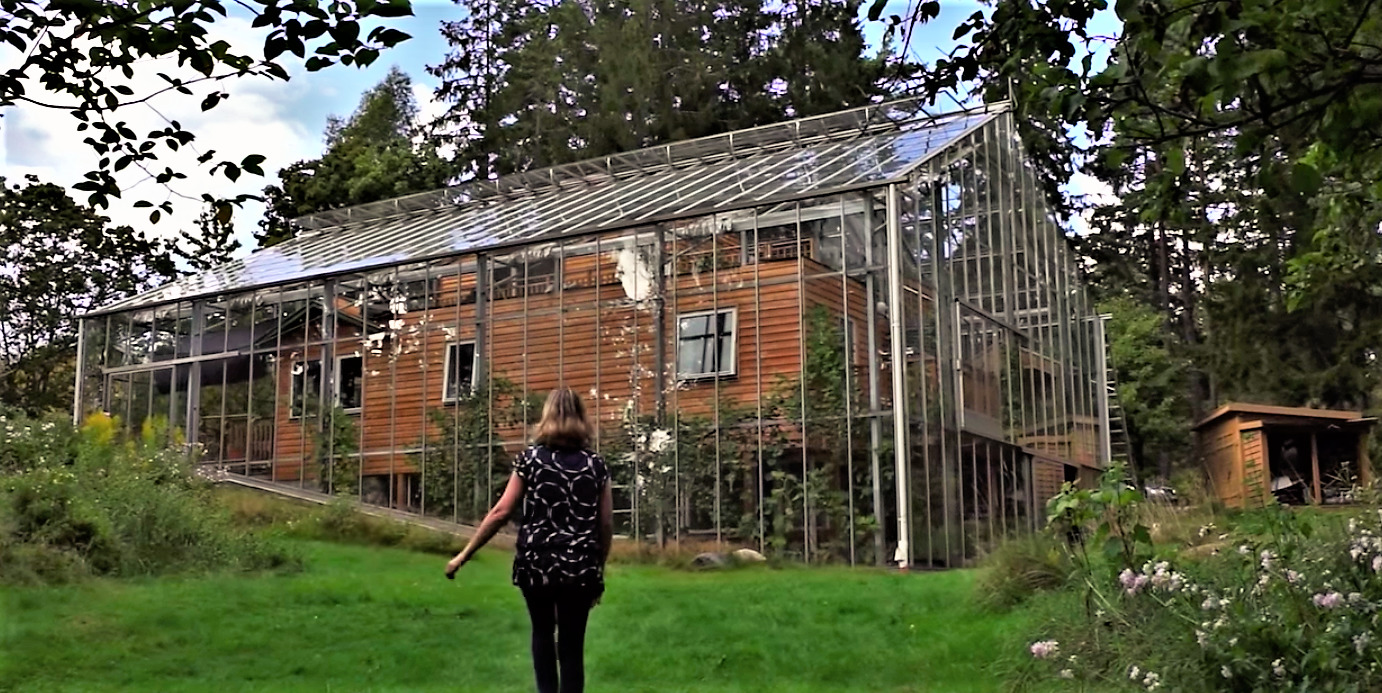


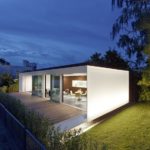
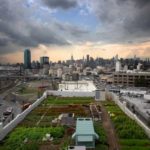
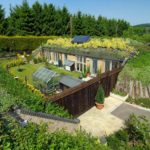
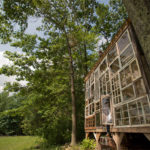

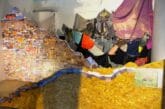




Pingback: Earth Sheltered Homes: Energy-Efficient, Living With the Land
Pingback: Affordable and Green: Net-Zero Home in Washington DC
Pingback: living in a greenhouse-like dome | mecc interiors inc.
I’d like to get information of the water recycling systems please. Thank you so much.
Pingback: ZeroHouz: Ditching Fossil Fuels for a Zero Emissions Home
Pingback: Regenerative Architecture: Nature-Based Integrated Design - WilderUtopia
Pingback: The Incredible Journey of Bengt Warne: A Testament to Perseverance and Success